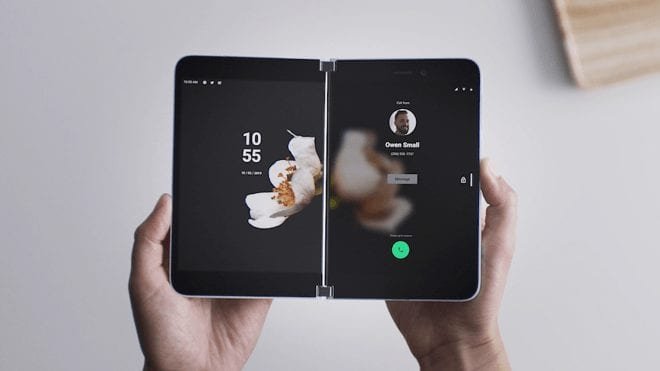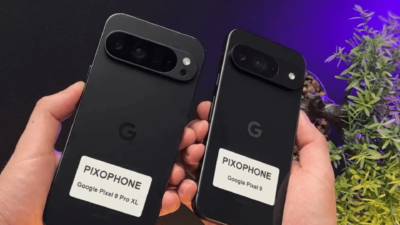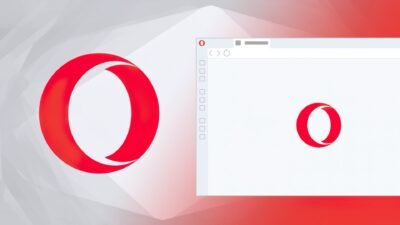Microsoft Surface Duo: The Device Is Closer To Launch Clears FCC Approval

Microsoft’s new Surface Duo, the first smartphone-like device from the US software company based on Android, is apparently about to be launched on the market. The dual-screen folding smartphone has now received approval for the US market.
As Droid-Life found, the Microsoft Surface Duo recently passed the Model 1930 test by the U.S. telecommunications regulator FCC, making it officially approved for use in the United States. All radio functions were tested to ensure problem-free operation via GSM, Bluetooth, LTE, WLAN, and NFC.
Read This: Surface Neo To Launch With Windows 10x By Next Year
FCC approval is typically given shortly before new products are launched, but it may take a few months. According to a report by the colleagues at Windows Central, Microsoft is currently still in the “Product Validation Testing” (PVT) phase, in which the last detailed tests of the hardware are carried out.
It can’t be long
Once the PVT phase is complete, nothing stands in the way of mass production, so that Microsoft’s production partners can start building the finished Surface Duo. The testing is said to be nearing completion, so mass production could start soon. It is still not clear when the market launch of the Surface Duo equipped with two six-inch touchscreens and a Qualcomm Snapdragon 855+ will take place.
Since the blocking period for the documents relating to the Surface Duo stored with the FCC only applies until the end of October 2020, an introduction before this period can actually be assumed. It would be highly unusual for a new end customer product for the US market to be released after the embargo period has ended.
With the Surface Duo, Microsoft is building a small hybrid from tablet and smartphone for the first time, which also uses a customized variant of the actual mobile operating system developed by Google instead of Windows.
Digital marketing enthusiast and industry professional in Digital technologies, Technology News, Mobile phones, software, gadgets with vast experience in the tech industry, I have a keen interest in technology, News breaking.











